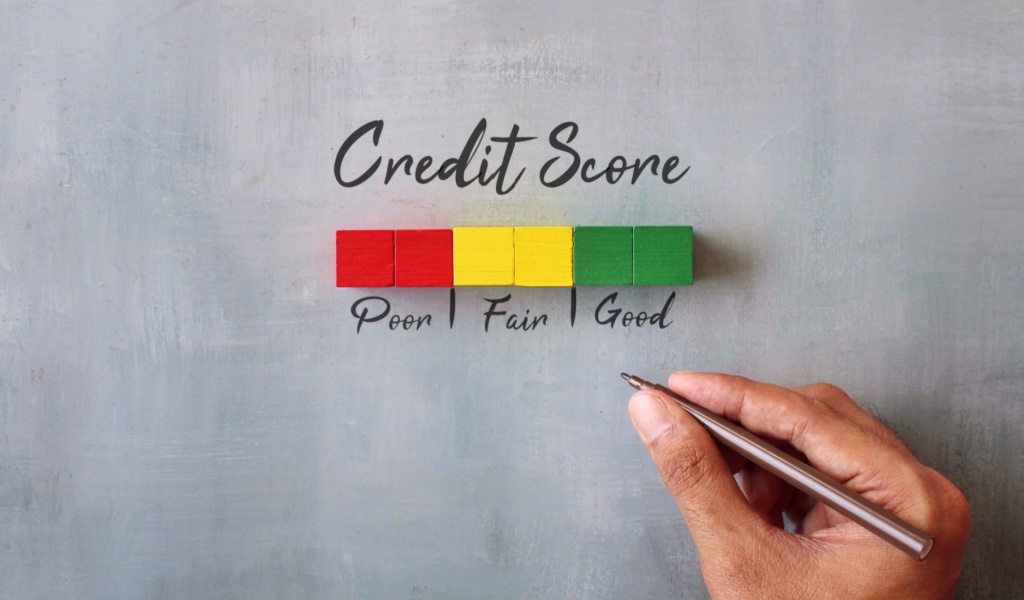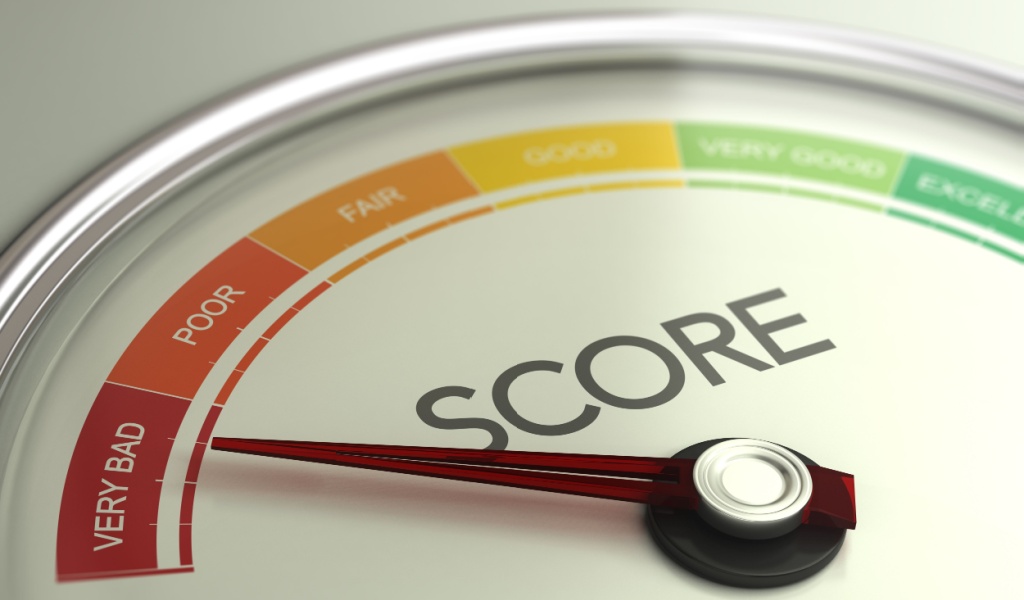When it comes to personal finance and lending, a key statistic you must keep track of is the credit score. When you think of credit scores, you most likely would imagine a number on a scale that reflects your financial health. Simply put, your credit score drives many of your financial and lending decisions. If you have a low credit score, lenders may not want to take on the risk of loaning you, or if they do, it would be at the cost of a higher interest rate.

On the other hand, if you have a high credit score, borrowing money will be easier and less expensive. So, it’s easy to wonder if you can have a negative credit score. Such questions often arise when people are concerned about the impact of high debt levels, financial missteps, or missed payments.
Let’s dive a bit deeper into this.
Can You Have A Negative Credit Score?
No, you can’t have a negative credit score. A credit score is based on a standardized scoring system with a number ranging between 300 and 850, and you can’t subseed 300 even if you have no credit history. Even if you have poor credit, your score would still be above zero.
Basically, credit scores measure your creditworthiness, and the higher your score, the better off you are. Credit scores are calculated by analyzing factors like length of credit history, payment history, new credit, types of credit used, and amounts owed.
The Lowest Credit Score
If you’re thinking, “What if my credit score is minus 1?” Rest assured that it’s not impossible. The worst credit score you can have is 300, which is still not a negative number.
300 is technically the lowest score, but most lenders consider any score less than 579 to be poor credit. A low score indicates financial distress, such as defaulted loans, maxed-out credit cards, or multiple missed payments.
A credit score is fluid and can be improved or reduced based on many factors. A low credit score has two main consequences. Firstly, lenders will not want to lend you money. Since your credit score reflects your financial reputation and indicates how likely you are to repay what you borrowed, a low credit score makes lenders believe you’re at a higher risk of defaulting on loans. Therefore, the lender may not approve a loan. If they do, you will likely be charged a higher interest rate.
Secondly, borrowing money will be more expensive because the lender will charge a higher interest rate, ultimately costing you more money.

How to Improve a Low Credit Score
If you have a low credit score, there are some steps you need to take to improve it.
Settle Your Payments on Time
Late or missed payments can lower your credit score. Therefore, set up reminders so that you never miss a due date. Since payment history is the most important factor in your credit score, prioritize paying your bills on time.
Don’t Open New Credit Accounts
Whenever you apply for new credit, it results in a hard inquiry, which can temporarily lower your credit score. Therefore, ensure you manage the credit you already have instead of opening a new account.
Reduce Debt
Maintaining a good credit utilization ratio is a must because high levels of debt can lower your score. A good rule of thumb is to use less than 30% of your available credit.
Review Your Credit Report Frequently
Any error in your credit report can hurt your score, so check your report thoroughly and dispute any inaccuracies. Even small mistakes like late payments or incorrect balances can make a tremendous difference.
Get a Secured Credit Card
If you’re finding it hard to get approved for a traditional credit card, a secured card is an excellent option to rebuild your credit. With this, you can deposit money to an account that acts as collateral. Your activity will be reported to the credit bureaus, and with time, you can improve your credit score and qualify for an unsecured card with better terms.
Final Thoughts
While having a negative credit score is impossible, low scores between 300 and 579 could be just as bad. Therefore, it’s crucial to understand how credit scores work so you can take active steps to manage your credit health.
Your credit score is a significant portrayal of your financial health; it indicates your reputation and ability to repay the borrowed money. The lender will use this information to determine whether to loan you money and how much to charge you.
It’s much simpler if you repay the money borrowed in full and on time. This way, you can maintain a suitable debt-to-income balance. So long as you take active steps like reducing debt, settling bills on time, and monitoring your credit report, you can improve your credit score and maintain sound financial flexibility!



